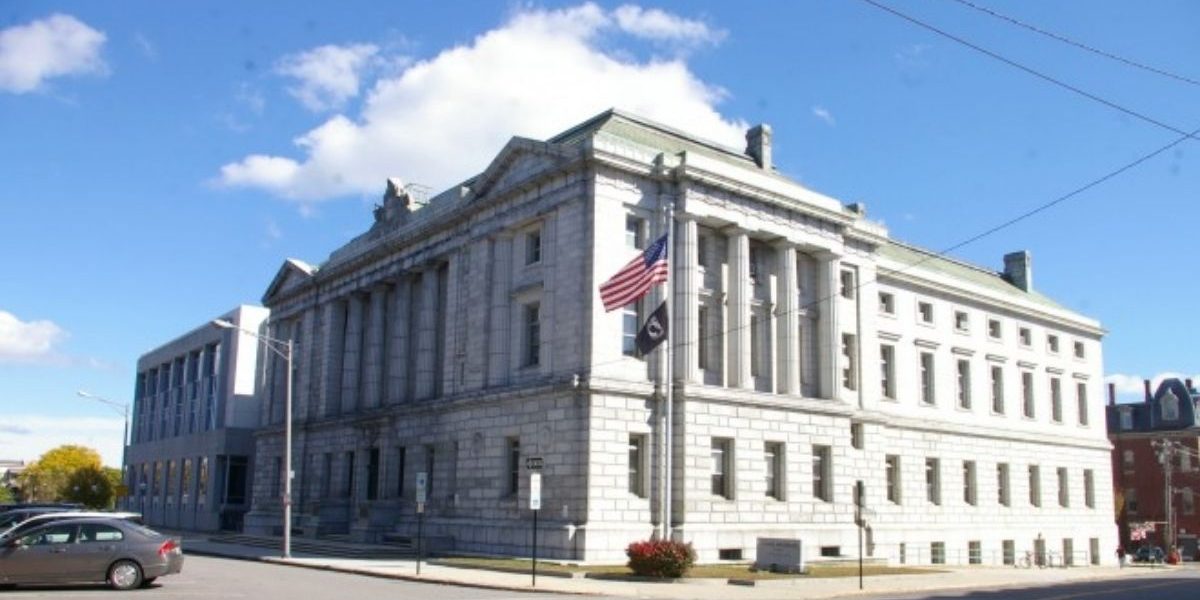Supreme Court willing to hear Maine religious school tuition case

The Supreme Court on Friday decided that it will be hearing a case brought by families in Maine regarding the usage of state tuition programs to enroll children in religious schools.
A provision by the Maine Department of Education allows families living in towns without access to public schools to receive public tuition dollars to send their children to a public or private school of choice. The program does not include religious schools.
In an attempt to add religious schools to the program, families wanting to send children to Christian schools in Bangor and Waterville went to court but were denied by lower federal courts. Following that, appeals were registered in the high court, and the Supreme Court’s order list on Friday stated that the apex court will be taking up the case.
The libertarian public interest firm Institute For Justice- the firm representing the families- described the case as a “potentially landmark case” in a statement issued by them on Friday. The lead attorney in the case, Michael Bindas said by “singling out religion — and only religion — for exclusion from its tuition assistance program,” Maine has limited the rights of the families.
“That’s unconstitutional and we’re confident that the Supreme Court is going to hold as much,” Bindas said in an interview with The Associated Press
Whereas, Maine Attorney General Aaron Frey stated the reason behind the exclusion of religious schools by implying that “the education they provide is not equivalent to” public education.
“Parents are free to send their children to such schools if they choose, but not with public dollars. I am confident that the Supreme Court will recognize that nothing in the Constitution requires Maine to include religious schools in its public education system,” Frey said.
The claim by the families of Maine is backed up by a Supreme Court precedent. A ruling by the Supreme Court in Montana last year was in favor of states providing religious schools the same access to public money. Similar issues have also been raised in other states, such as Vermont and New Hampshire.



